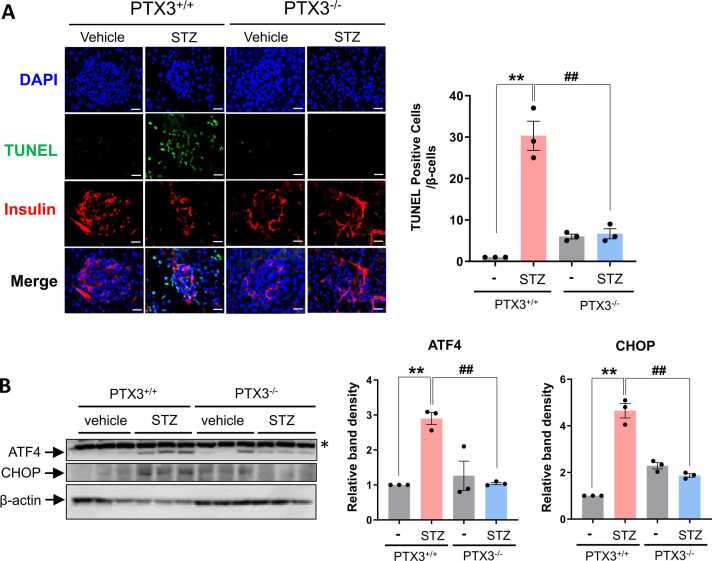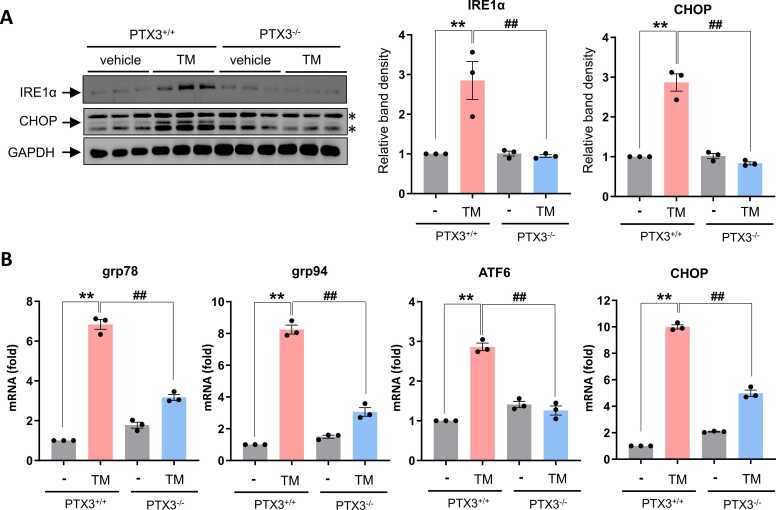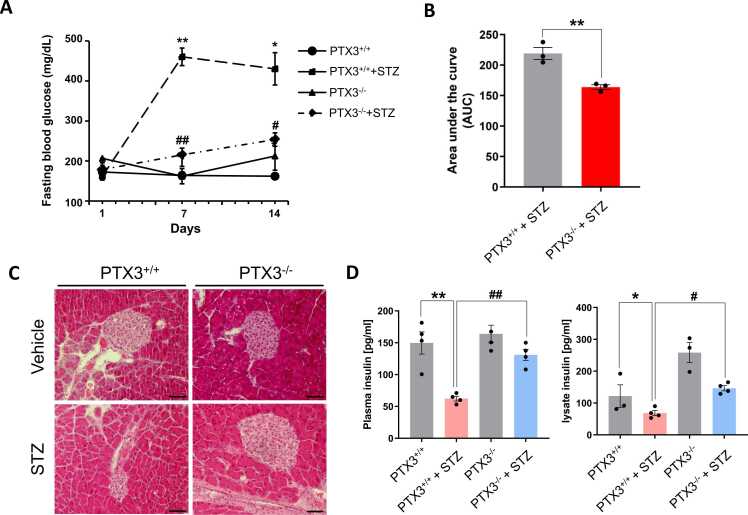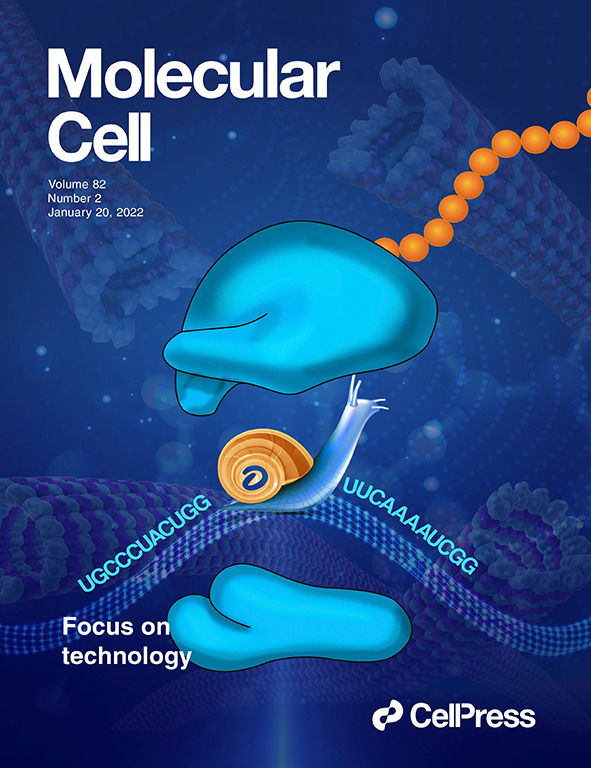Pentraxin 3 deficiency ameliorates streptozotocin-induced pancreatic toxicity via regulating ER stress and β-cell apoptosis
IF 6.5
3区 生物学
Q2 BIOCHEMISTRY & MOLECULAR BIOLOGY
引用次数: 0
Abstract
The long pentraxin 3 (PTX3), a marker of inflammation, has been associated with cardiovascular disease, obesity, and metabolic syndrome. Recently, elevated serum PTX3 levels have been linked to type 2 diabetes in obese patients with nonalcoholic fatty liver disease. Diabetes mellitus is a metabolic syndrome characterized by hyperglycemia resulting from insufficient insulin secretion or action. However, the precise role of PTX3 in hyperglycemia remains unclear. This study aimed to investigate the physiological roles of PTX3 in vivo. The deformation of pancreatic islets was mitigated in PTX3-deficient mice treated with streptozotocin (STZ) compared to control C57BL/6J mice. In addition, PTX3 deficiency prevented STZ-induced unfolded protein responses and pancreatic β-cell death. Immunoblotting data revealed significant inhibition of inositol-requiring protein1α and C/EBP homologous protein (CHOP) protein expression in PTX3 KO mice administered tunicamycin which is a chemical endoplasmic reticulum stress inducer. Similarly, tunicamycin-induced Grp78, Grp94, ATF6, and CHOP mRNA levels were reduced in PTX3 KO mice. Moreover, recombinant PTX3–induced CHOP expression and β-cell apoptosis in primary mouse islets. These findings suggest that PTX3 plays a critical role in STZ-induced deformation of pancreatic islets via regulating endoplasmic reticulum stress and β-cell apoptosis.



戊曲霉素3缺乏通过调节内质网应激和β细胞凋亡改善链脲佐菌素诱导的胰腺毒性。
长戊烷素3 (PTX3)是炎症标志物,与心血管疾病、肥胖和代谢综合征有关。最近,血清PTX3水平升高与肥胖患者合并非酒精性脂肪肝的2型糖尿病有关。糖尿病是一种代谢综合征,以胰岛素分泌或作用不足引起高血糖为特征。然而,PTX3在高血糖中的确切作用尚不清楚。本研究旨在探讨PTX3在体内的生理作用。与对照组C57BL/6J小鼠相比,链脲佐菌素(STZ)治疗的ptx3缺陷小鼠胰岛变形减轻。此外,PTX3缺乏可阻止stz诱导的未折叠蛋白反应和胰腺β细胞死亡。免疫印迹数据显示,给予内质网应激诱导剂tunicamycin后,PTX3 KO小鼠的IRE1α和CHOP蛋白表达明显受到抑制。同样,在PTX3 KO小鼠中,tunicamycin诱导的Grp78、Grp94、ATF6和CHOP mRNA水平降低。此外,重组PTX3诱导原代小鼠胰岛CHOP表达和β-细胞凋亡。这些结果表明,PTX3通过调节内质网应激和β细胞凋亡,在stz诱导的胰岛变形中起关键作用。
本文章由计算机程序翻译,如有差异,请以英文原文为准。
求助全文
约1分钟内获得全文
求助全文
来源期刊

Molecules and Cells
生物-生化与分子生物学
CiteScore
6.60
自引率
10.50%
发文量
83
审稿时长
2.3 months
期刊介绍:
Molecules and Cells is an international on-line open-access journal devoted to the advancement and dissemination of fundamental knowledge in molecular and cellular biology. It was launched in 1990 and ISO abbreviation is "Mol. Cells". Reports on a broad range of topics of general interest to molecular and cell biologists are published. It is published on the last day of each month by the Korean Society for Molecular and Cellular Biology.
 求助内容:
求助内容: 应助结果提醒方式:
应助结果提醒方式:


